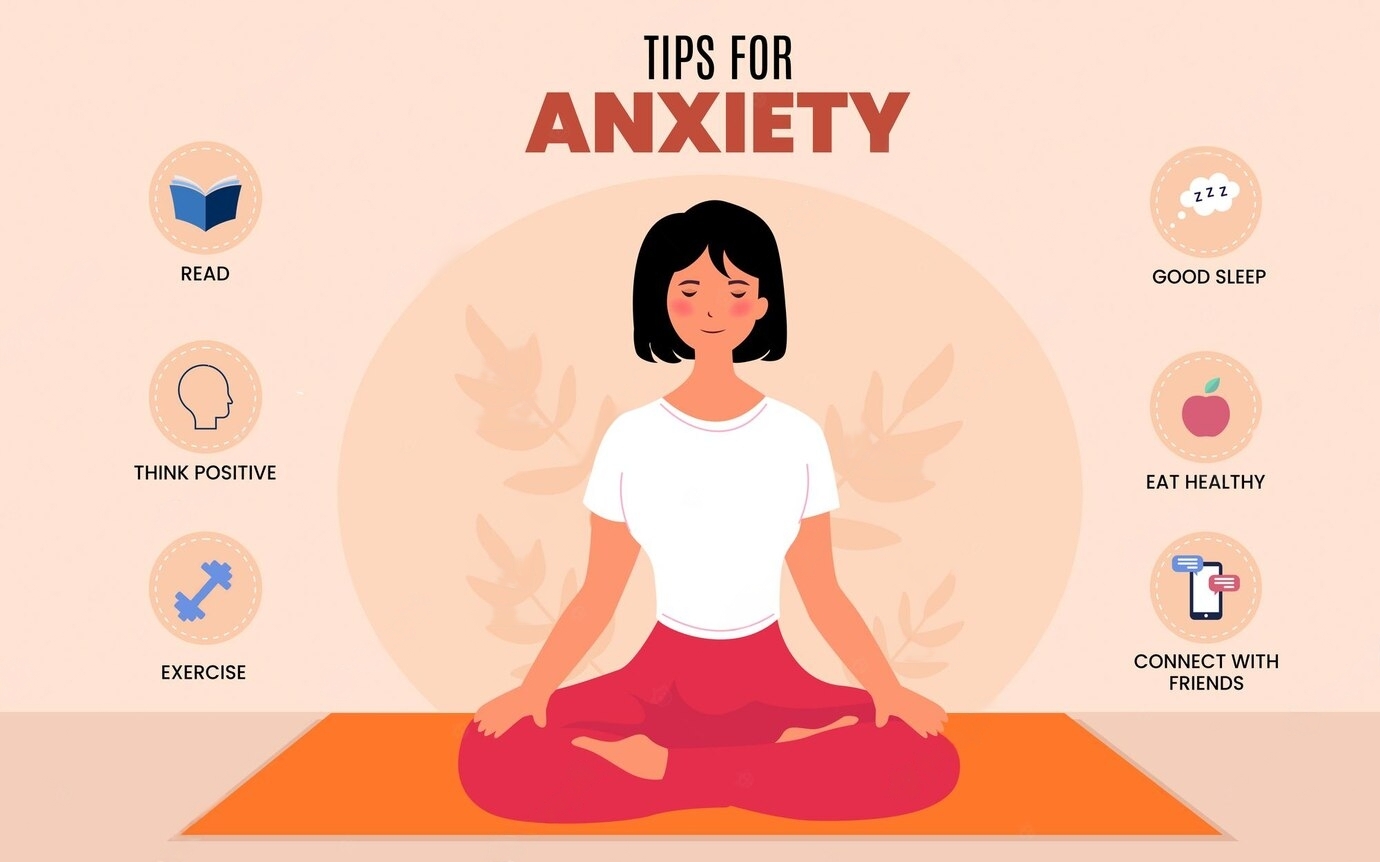Exercise provides a wide range of physical benefits, including:
1. Improved cardiovascular health: Regular exercise can improve the health of your heart and blood vessels, reducing the risk of heart disease, stroke, and high blood pressure.
2. Increased strength and endurance: Exercise can help build strength and endurance, which can improve your ability to perform daily activities and reduce the risk of injury.
3. Weight control: Exercise can help you maintain a healthy weight by burning calories and building muscle mass.
4. Improved flexibility and balance: Regular exercise can improve flexibility and balance, reducing the risk of falls and injuries.
5. Reduced risk of chronic diseases: Exercise can help reduce the risk of chronic diseases, such as diabetes, osteoporosis, and certain types of cancer.
6. Improved immune function: Exercise can help boost your immune system, reducing the risk of infection and illness.
7. Improved sleep: Regular exercise can improve the quality and duration of your sleep, reducing the risk of sleep disorders and improving overall health.
8. Reduced stress and anxiety: Exercise can reduce stress and anxiety, improving mental health and overall well-being.
It’s important to note that the physical benefits of exercise are dose-dependent, meaning that the more you exercise, the greater the benefits. However, any amount of exercise is better than none, and even small amounts of exercise can provide health benefits.
Exercise and mental health
Exercise has been shown to have many benefits for mental health. Here are some ways that exercise can help improve mental health:
1. Reduces symptoms of depression and anxiety: Exercise has been shown to reduce symptoms of depression and anxiety by increasing the production of endorphins, which are natural mood-boosting chemicals in the brain.
2. Improves self-esteem and confidence: Exercise can improve self-esteem and confidence by helping individuals feel more in control of their lives and by improving physical appearance.
3. Reduces stress: Exercise can help reduce stress by promoting relaxation and reducing tension in the body.
4. Improves cognitive function: Exercise has been shown to improve cognitive function, including memory and attention.
5. Boosts energy levels: Exercise can boost energy levels and reduce fatigue, improving overall quality of life.
6. Reduces the risk of cognitive decline: Regular exercise can reduce the risk of cognitive decline and dementia in older adults.
7. Helps with addiction recovery: Exercise can help with addiction recovery by reducing cravings and improving mood.
It’s important to note that while exercise can be helpful for improving mental health, it is not a substitute for professional mental health treatment. It’s always important to speak with a healthcare provider if you are experiencing mental health concerns.
Exercise for depression
Exercise can be an effective treatment for depression. Here’s how:
1. Increases the production of endorphins: Exercise increases the production of endorphins, which are natural mood-boosting chemicals in the brain.
2. Reduces inflammation: Exercise can reduce inflammation in the body, which has been linked to depression.
3. Improves sleep: Exercise can improve the quality and duration of sleep, which is important for managing depression.
4. Increases self-esteem and confidence: Exercise can improve self-esteem and confidence by helping individuals feel more in control of their lives and by improving physical appearance.
5. Provides a sense of accomplishment: Exercise provides a sense of accomplishment, which can help combat feelings of hopelessness and helplessness that are common in depression.
6. Reduces stress: Exercise can help reduce stress by promoting relaxation and reducing tension in the body.
7. Provides social support: Exercise can provide social support, which can help individuals feel less isolated and alone.
It’s important to note that while exercise can be helpful for managing depression, it’s not a substitute for professional mental health treatment. It’s always important to speak with a healthcare provider if you are experiencing depression or other mental health concerns. They can help you develop a personalized treatment plan that may include medication, therapy, and lifestyle changes, including exercise.
Exercise for anxiety
Exercise can be an effective treatment for anxiety. Here’s how:
1. Increases the production of endorphins: Exercise increases the production of endorphins, which are natural mood-boosting chemicals in the brain. This may lessen the effects of anxiety.
2. Reduces muscle tension: Exercise can reduce muscle tension, which is a common symptom of anxiety.
3. Promotes relaxation: Exercise can promote relaxation and reduce feelings of stress, which can help reduce symptoms of anxiety.
4. Improves sleep: Exercise can improve the quality and duration of sleep, which is important for managing anxiety.
5. Provides a sense of control: Exercise provides a sense of control, which can help reduce feelings of helplessness and anxiety.
6. Provides a distraction: Exercise can provide a distraction from anxious thoughts and feelings, allowing individuals to focus on something positive and productive.
7. Provides social support: Exercise can provide social support, which can help individuals feel less isolated and alone.
It’s important to note that while exercise can be helpful for managing anxiety, it’s not a substitute for professional mental health treatment. It’s always important to speak with a healthcare provider if you are experiencing anxiety or other mental health concerns. They can help you develop a personalized treatment plan that may include medication, therapy, and lifestyle changes, including exercise.
A website called Talktoangel can connect you with the top online specialists and “Online therapist india” if you’re seeking for a “Online counseling.”
